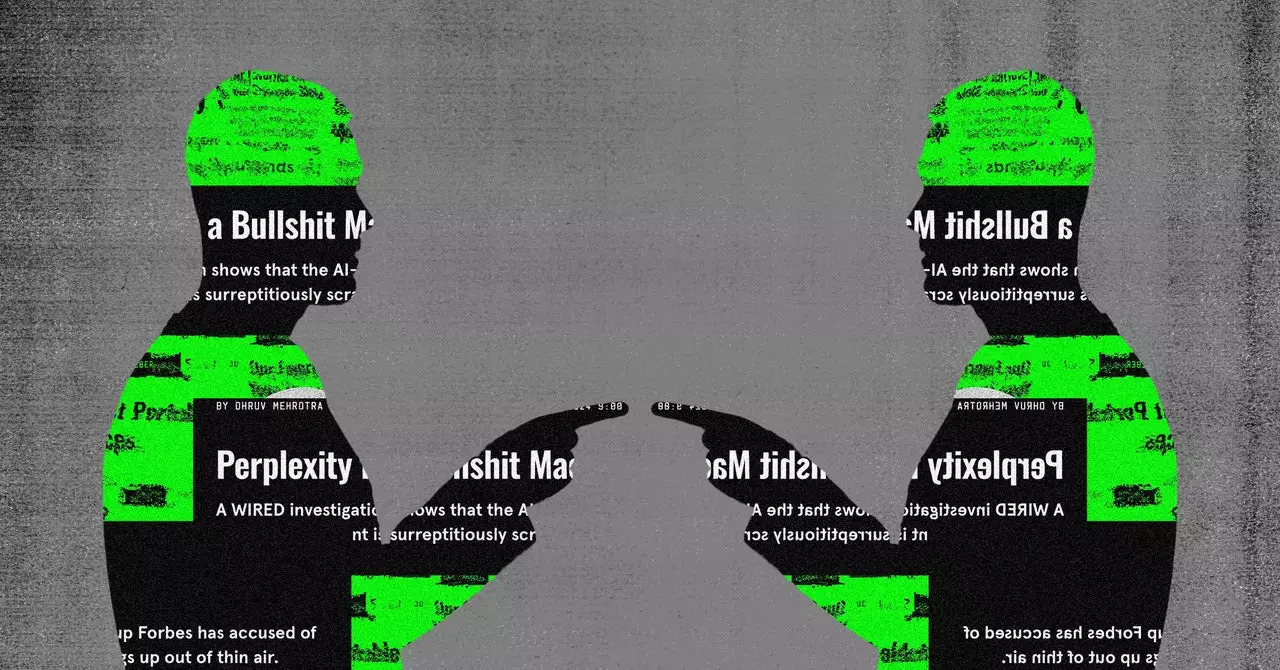When analyzing the issue of AI generative content and potential copyright infringement, it becomes clear that there are significant legal risks associated with the creation and dissemination of such content. According to experts in the field, there is a real danger that inaccuracies or defamatory statements could be made by AI-generated summaries that are not properly attributed to their original sources. This lack of credibility could lead to legal liability for those responsible for creating or sharing the content, especially if they fail to credit the original source clearly enough for readers to verify the information independently. In a case observed by WIRED, a chatbot falsely claimed that the publication had reported a specific crime committed by a police officer in California, despite providing a link to the original source. This type of misinformation could open up the creators of the AI to legal action, particularly if the inaccuracies are found to be damaging to the reputations of individuals or organizations involved.
Legal experts have differing opinions on the matter of copyright infringement in relation to AI generative content. Some argue that the use of verbatim sentences or summaries that closely mimic original works may constitute infringement, while others believe that the threshold of substantial similarity necessary for a successful claim has not been met in certain cases. Pam Samuelson, a law professor at UC Berkeley, suggests that copyright infringement is primarily concerned with undermining the author’s ability to receive appropriate compensation for their work, and that the use of short verbatim sentences may not meet this criteria. However, Bhamati Viswanathan, a faculty fellow at New England Law, challenges this perspective by arguing that even if the threshold for copyright infringement is not met, there may still be ethical considerations to take into account. She suggests that a narrow focus on technical legal merits may not be sufficient to address the broader issues at play, such as the potential market distortions caused by AI-generated content that bypasses traditional copyright laws.
In light of the challenges posed by AI generative content and potential copyright infringement, there is a growing recognition among legal experts that a new legal framework may be necessary to address these issues. Bhamati Viswanathan suggests that existing copyright laws may not adequately account for the ways in which tech companies can exploit loopholes to avoid liability for copyright infringement, while still reaping the benefits of content generated by AI. She argues that a more comprehensive approach is needed to protect the rights of creators and promote the underlying aims of intellectual property law in the United States. This includes ensuring that individuals are financially compensated for their original creative work, such as journalism, and are incentivized to continue producing it for the benefit of society as a whole.
Overall, the debate surrounding AI generative content and copyright infringement highlights the complexities of balancing innovation and creativity with legal and ethical considerations. While AI technology has the potential to revolutionize content creation and distribution, it also raises important questions about how to uphold the rights of creators and prevent the misuse of their work. As the field of generative AI continues to evolve, it will be crucial for lawmakers, tech companies, and legal experts to collaborate on developing a new legal framework that protects intellectual property rights while fostering innovation and creativity in the digital age.


Leave a Reply